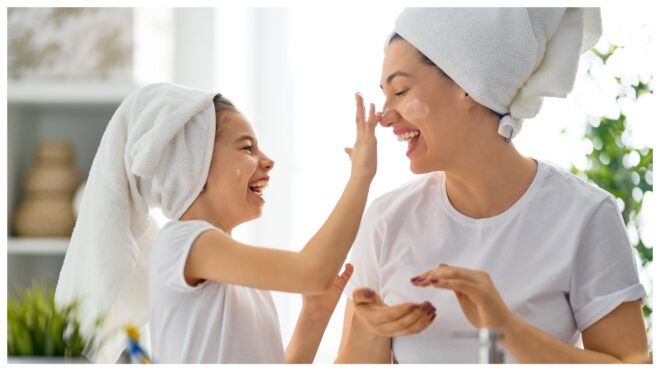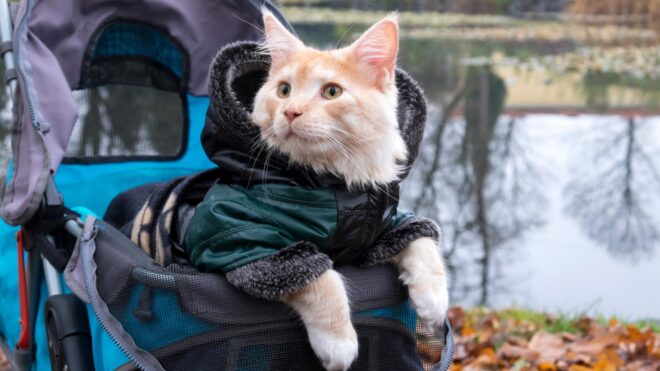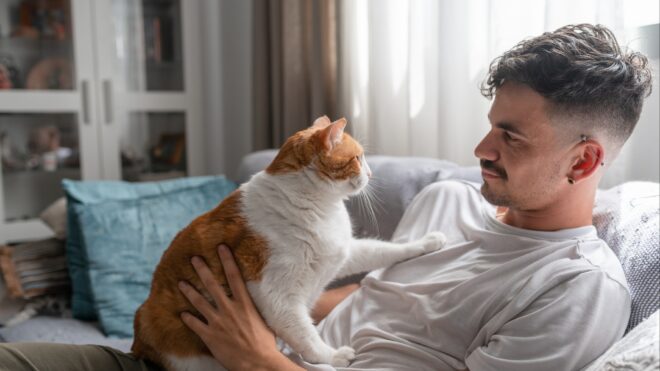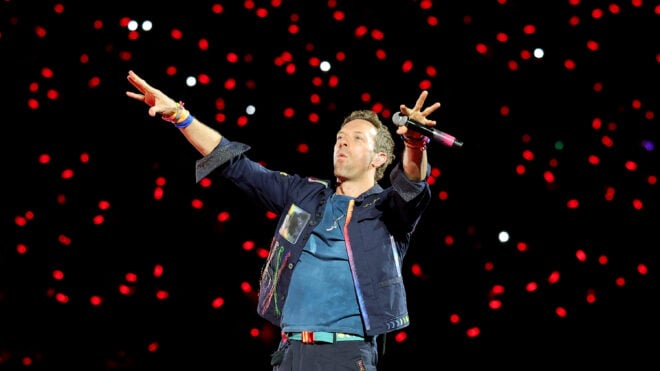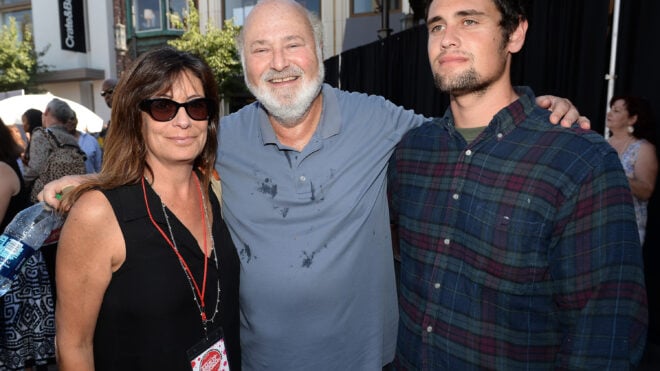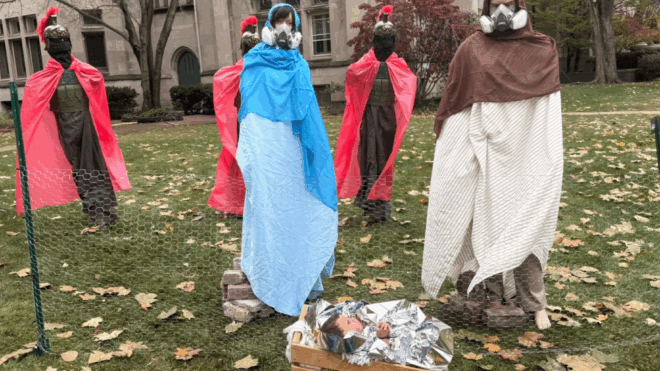
On April 28, 2022, TV personality Ant Anstead surprised everyone, including his ex-wife, when he filed for full custody of his 2-year-old son. Anstead shares the toddler with fellow TV personality Christina Hall, the recently remarried mom of three who has hosted some of everyone's favorite home improvement and house-flipping shows.
The filing was confusing at best; Anstead seems to have hinged his entire request on the fact that the little boy was once badly sunburned and his girlfriend (Oscar-winning actress Renée Zellweger, who likely would like to be excluded from this narrative) caught COVID-19 once after the child came home. Do those things kind of suck? Sure. Are they grounds for completely losing custody of your child? I think not, car guy.
Anstead seems to be taking issue with Hall's perceived lack of being a perfect mom; he also claims she hasn't spent enough time with their son in the last year. It feels worth mentioning here that Anstead lives in the United States while his two older children live in England with their own mother.
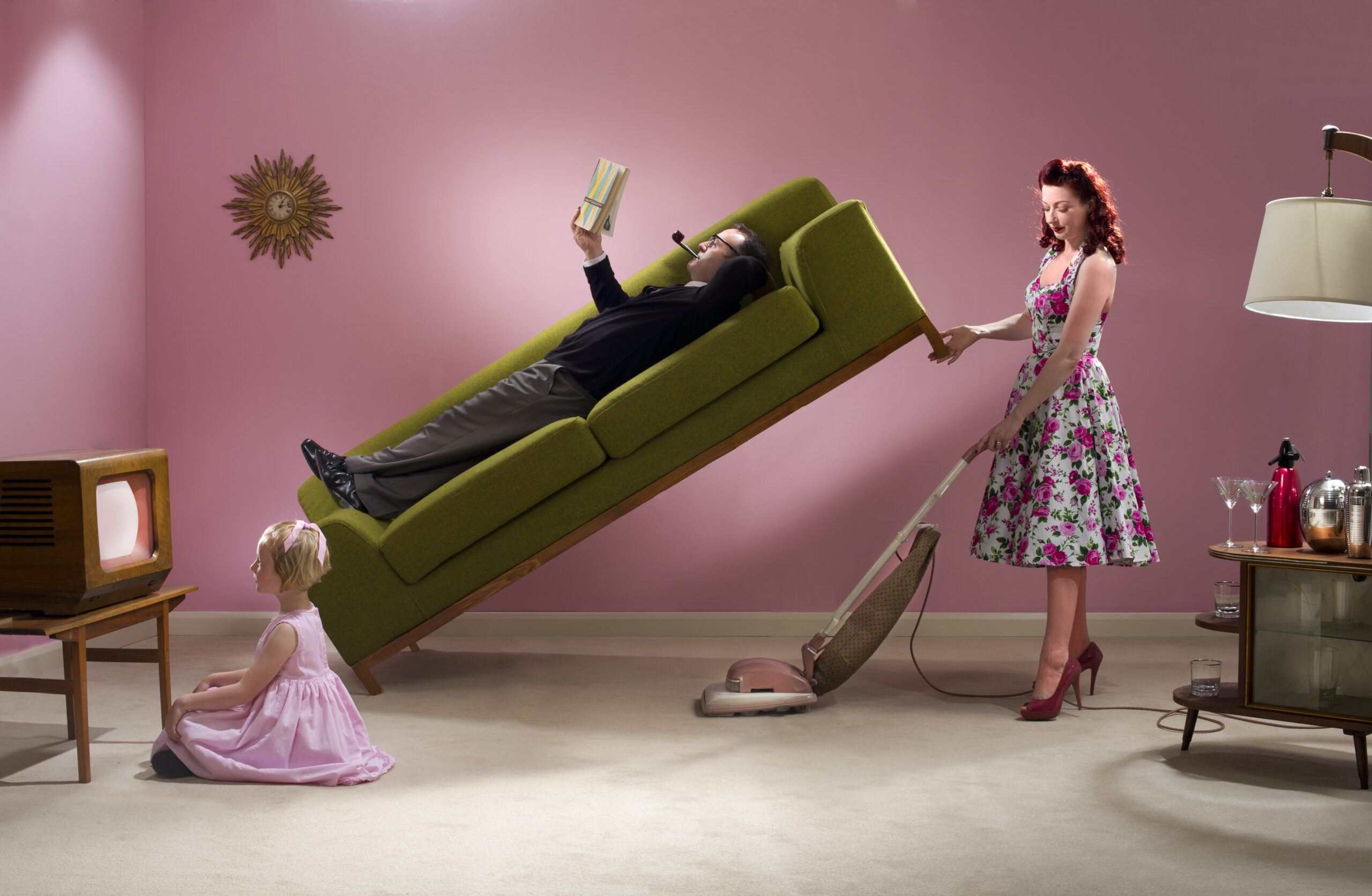
A lot of gains have been made for women in the United States in recent decades. Those gains have not come equally and certainly do not exist for all; a white woman in the United States is automatically afforded privileges and access that Black women and other women of color are denied out of the gate.
There is one crucial area where it's tough to claim that any gains have been made perhaps ever, and that's how we culturally and socially view mothers in this day and age. Despite every claim that women can have it all if they really want it, we somehow still expect mothers to fall into one of two categories: the aspirational mom, who has dinner ready every night and never misses a moment with her kids, always with a smile on her face, and the bad mom, who can't put her children before herself ever. The reality is that motherhood exists in multitudes, and none of us really fit either of these limited roles.
Maggie Gyllenhaal explores this tension in her 2022 movie The Lost Daughter. In the film, we watch the story of Leda, a divorced middle-aged woman. It turns out that when her two daughters were children Leda seemingly abandoned them for three years, completely dropping out of their lives. Leda tells us, "I’m an unnatural mother," and forces us to sit with what that might mean about her, about other mothers.
As Gyllenhaal tells The Atlantic, the really interesting question is this: "What is a natural mother?"

I love being a mother. I always knew I wanted to be one, and in some parallel universe, I am sure that I have five or six kids and I am in my happiest place. I think, if needed, I would be comfortable enough to describe myself as a natural mother.
But that doesn't mean that I make parenting choices that every other mother, let alone every other stranger, would agree with. In fact, I often find myself at odds with people who don't know me at all and people who know me the best, both camps convinced that something I'm doing in relation to my child is inherently wrong, because it's not traditional. It's not what a good mother does.
Anderson Cooper is the son of a woman whom many might have described as an unnatural mother. Gloria Vanderbilt was a socialite, she had famous friends, she built her own denim empire with her imagination and ingenuity. She wasn't always at home in the kitchen, baking cookies and hosting birthday parties, but she still built a home filled with love and laughter and that Anderson looks back on fondly.
As he once told People, "In many ways, she was amazing as a mom because she was completely different from any other mom that I knew … there were times I wanted a more conventional mom … that idealization of other people’s moms would last a very short time. I would start to feel smothered and would be eager to go back to my house because my mom was much more creative and interesting and unconventional."
The details of the Anstead/Hall custody case haven't been offered outside of Ant Anstead's initial filing, and the pair's hearing in late June 2022 may well offer information that supports one side over the other. But if his big nuke is his initial assertion that Hall is an unfit mother who should be relegated to every-other-weekend visits because he seemingly just doesn't like how she's parenting their child, then it seems unlikely.
Hall filed her own response to Anstead's legal challenge, citing "discrepancies" that are being used to mislead the court.
She writes, in part, "Mr. Anstead has now taken the position that he is the defacto primary parent of our son, which is not accurate. Anstead does not count any day wherein we exchange our son as a custodial day for me. He also counts days where I made an accommodation or gave a right of first refusal to him as his day. That is why there is a huge discrepancy in his mind from our accurate schedule. His attempt to mislead the court is transparent when presented with the true facts."
In other words, if Hall brings their son back to Anstead midday, that day doesn't count for her (though it presumably counts for him). If there has to be a change in the moment, as many parents know just happens, it seems it also works against her. It could be that Hall isn't parenting up to par, but it could also be that Anstead wants to use whatever means he can to stand in the way of her relationship with their son.
As a lot of divorced parents know, splitting up when you have kids can sometimes turn into a nasty experience. One or both parents might act in ways that the other could never see coming, collecting every little text and email as potential ammunition to use in court, magnifying human experiences into something that could be deemed "unfit."
Without being privy to the details of their divorce, it's difficult for any of us to know what may or may not be at play between Anstead and Hall. Both Hall and her new husband appear to be comfortable letting things play out, though Josh Hall has taken to Instagram to poignantly defend his wife.
After addressing the children in his life by way of Christina Hall, Josh writes, "There is a lot that goes on in personal lives that isn’t for public consumption, therefore not shared, kept private. So trust me as someone who likes to keep a low profile, no one except those directly involved knows jack about any situation more than them. 2 sides and the truth.
"I will always protect her, keep her safe and no one will hurt her with me in the picture. She doesn’t bother anyone, she deserves the same in return. I will ensure that’s the case."
If the choice is between being an imperfect mother and being a martyr for everyone who is mothering, my hope is that many of us will lean toward the former, despite what that might make others think and feel. An imperfect mother might be one who makes decisions that others question; an imperfect mother is likely one who will make a mistake and keep going, refusing to beat herself up over it just to make everyone see how much she's suffering. Martyring yourself at the altar of motherhood is neither appealing nor emotionally or mentally safe, as many a mother will attest.
After all, it's not like there aren't mothers out there feeling exactly this tension. As author Heather Plett writes on her site, "I believe in anti-perfectionism motherhood. I believe in doing the best we can with what we have. I believe in showing our flaws and honouring our efforts. I believe in 'good enough' and 'I’m too tired to do better.' I believe in apologizing and trying again. I believe in giving ourselves permission to say no. I believe in asking for help. I believe in healthy boundaries.
"I believe in making motherhood more realistic and manageable by supporting it with community care. I believe that fathers (and other caregivers) should be supported in developing more capacity for emotional labour to take some of the load off mothers. I believe we should reject martyrdom as a motherhood construct. I believe we should celebrate imperfection and honour our limitations. I believe in forgiveness and grace and love and self-care."
Maybe Ant Anstead is right, and Christina Hall is really an absentee mother, willfully staying away from her 2-year-old son for reasons that mystify, particularly as her close relationship with all three of her children has been shared and documented in countless ways. Or perhaps Ant Anstead is actually in the trenches of parenting for the first time in a long time, considering his older children are teenagers living mostly in a different country. Maybe he's martyring himself a bit; maybe he's getting a taste of what mothers have experienced for eons and finding out that — you know what? — it's kind of tough.
Time will tell what is really happening behind the scenes in this particular drama, but imperfect mothers will keep on doing their best, thriving, and raising children who love them.

